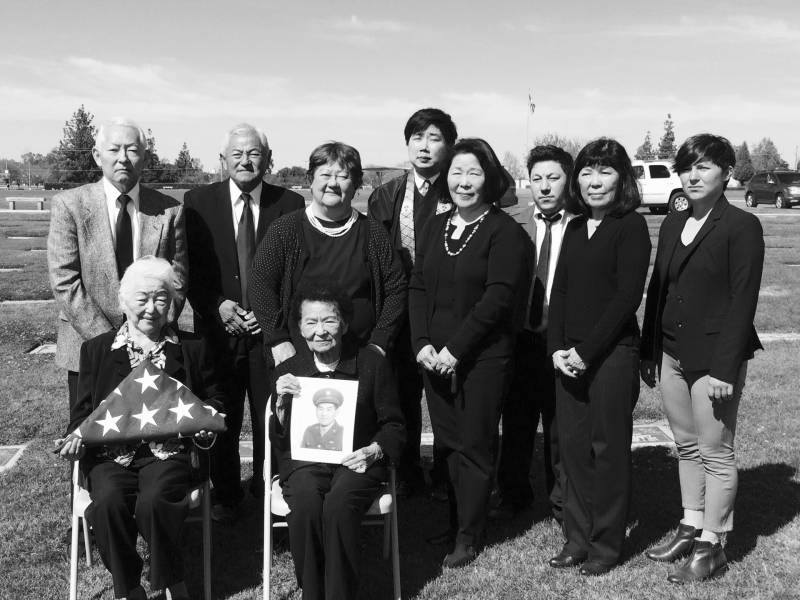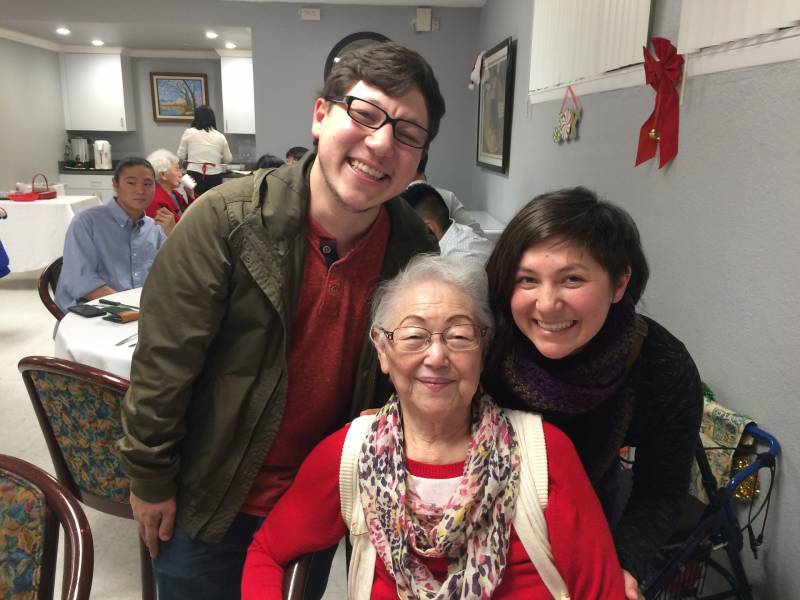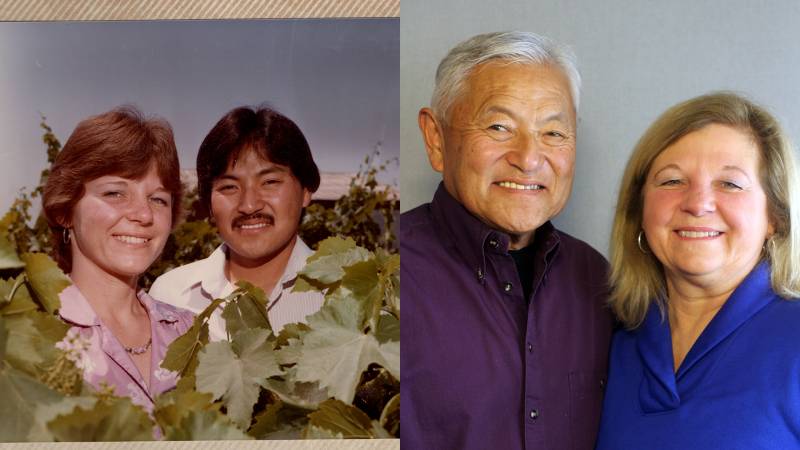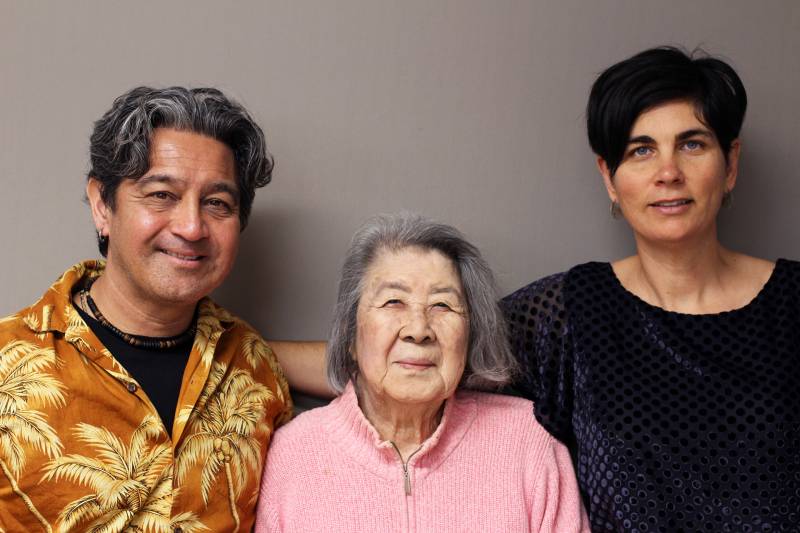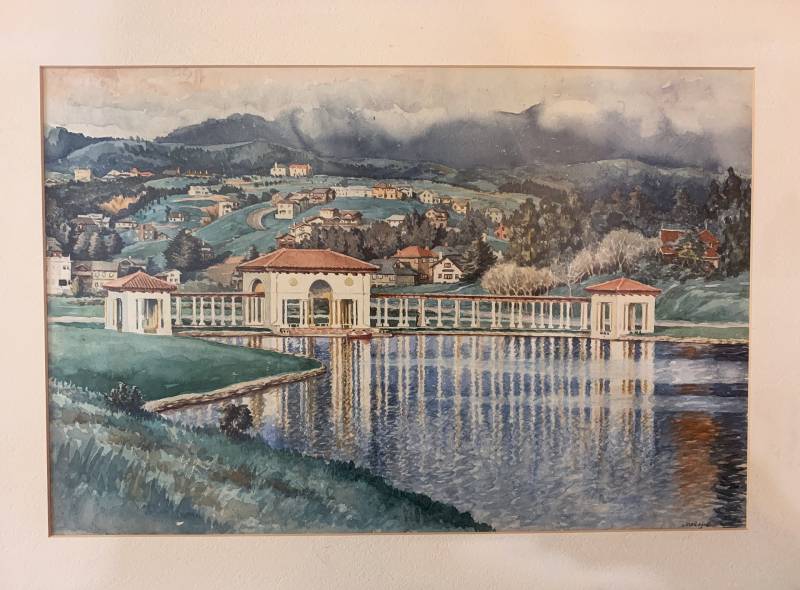For Japanese Americans across California, Feb. 19 marks the Day of Remembrance, the solemn anniversary of the day in 1942 when President Franklin Roosevelt signed Executive Order 9066, which led to the forced relocation and incarceration of more than 120,000 Japanese Americans in prison camps across the U.S.
As the Japanese Americans who experienced imprisonment get older, a California project wants to preserve their memories of what happened, while it’s still possible.
The Yonsei Memory Project, based in Fresno, is an intergenerational effort to capture family stories of World War II and beyond — and the diversity of the Japanese American experience in the Central Valley.
Today, Gov. Gavin Newsom signed a proclamation to make Feb. 19 an official Day of Remembrance, calling the executive order “a decision motivated by discrimination and xenophobia” and “a betrayal of our most sacred values as a nation that we must never repeat.”
On this day in 2020, shortly before COVID-19 lockdowns began, Yonsei Memory Project organizers collaborated with StoryCorps to record conversations between family members and friends across generations.
These interviews have been edited for brevity and clarity.
Gary Tsudama and Yutaka Yamamoto
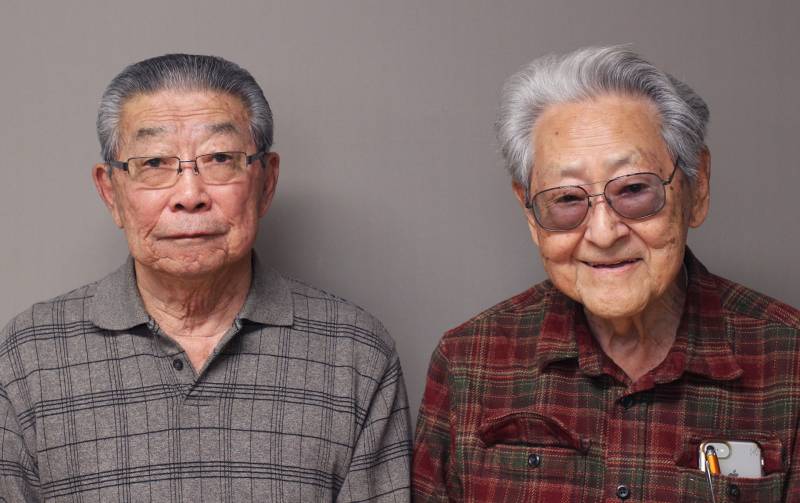
Lifelong friends Gary Tsudama, 95, and Yutaka Yamamoto, 88, on memories of the days after Japanese Americans were ordered to leave their homes:
Gary: My dad came over from Hiroshima when he was 16 years old. He came into the city of Stockton and opened up a grocery store. When the war broke out, we were given the notice of one week to clean up our business, so my dad went around Stockton to find us some grocer who’d buy the stock that was in the store. He found a man to buy it for 60 cents on the dollar. My dad had to agree to it, and then he waited and waited for them to come pick it up. [The] day before we had to leave, he came and gave my dad 15 cents on the dollar. And my dad had no way to get out of it, so he took it.
Yutaka: At that time, nobody said we were Japanese. They used the nickname ‘Jap.’ That was one of the things that, to this day, I have never forgotten. It’s very painful to hear people call you a ‘Jap.’ I remember that was a big shock. I remember going to school. I was in the fourth grade then, and I told my teacher, who was a Caucasian, I wouldn’t be coming to school from tomorrow. And her only reply was, “Oh.” No, not goodbye or nothing.
Harumi Sasaki
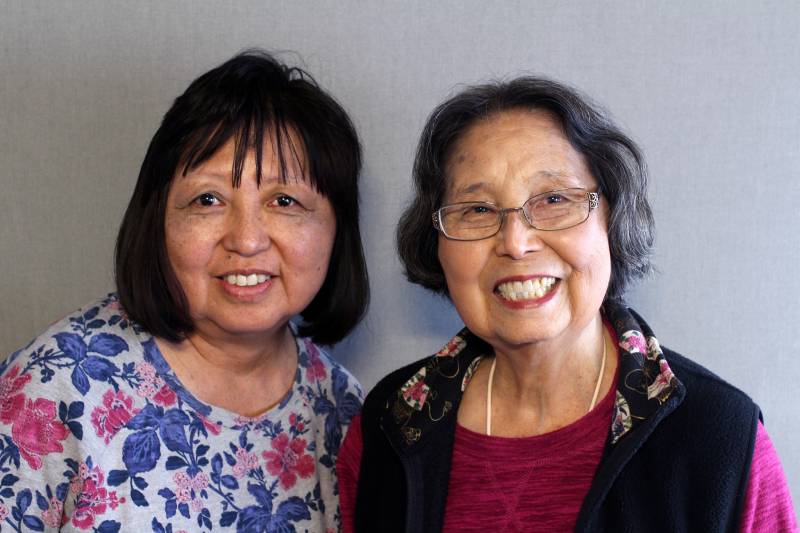
Harumi Sasaki, 88, telling her daughter, Nadine Takeuchi, about watching the bombing of Hiroshima, from a cave in the mountains:
Nadine: I know you were born in El Centro, California, but you never said what it was like. What did your parents do in El Centro?
Harumi: Picked strawberries. It was real hot. We played outside, and no shoes.
